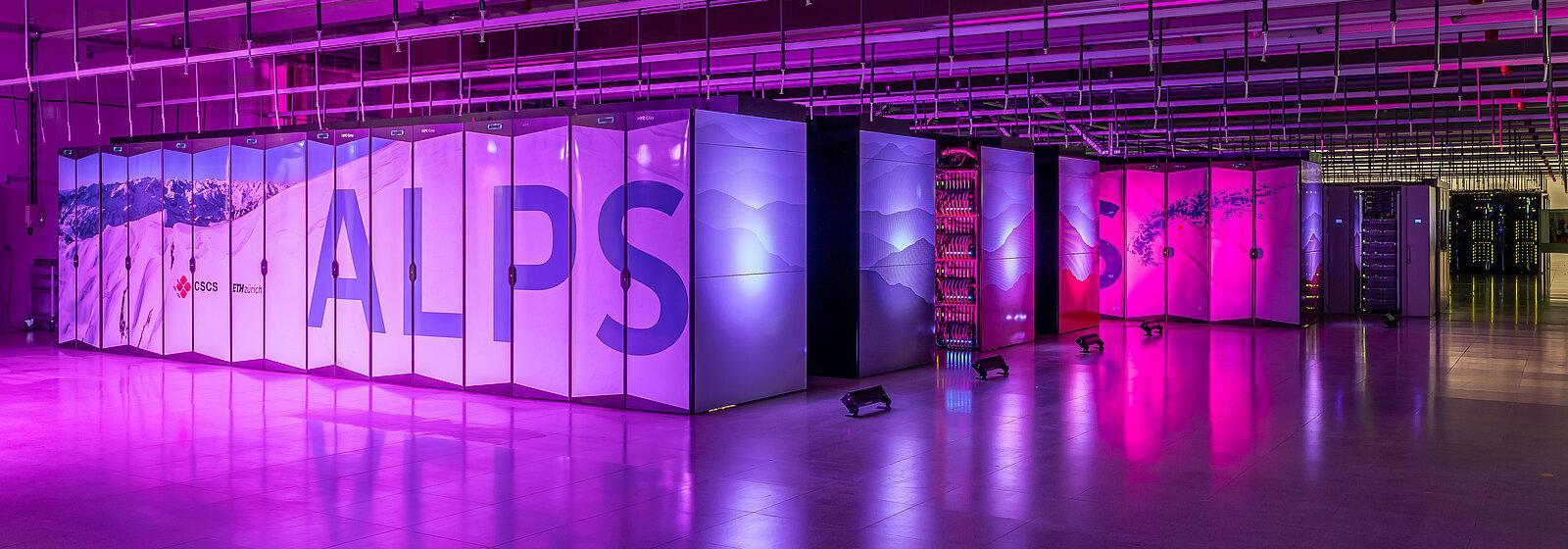
The new Alps supercomputer was officially inaugurated on September 14. It is located at the Swiss National Supercomputing Centre (CSCS) in Lugano in the canton of Ticino, Switzerland, and was ranked as the sixth fastest in the world in its first expansion stage. When fully expanded, the Alps supercomputer will offer a maximum performance of around half an exaflop, according to a press release issued by the Swiss Federal Institute of Technology in Zurich (ETH). An exaflop is equivalent to one billion billion floating point operations (flops) per second, while the exact figures on the final expansion status are expected to be available in November.
Alps was developed in collaboration between science, the public sector and industry. It is designed to meet the extreme data and computing requirements of scientific research. With Alps, researchers in Switzerland have at their disposal an infrastructure allowing them to fully exploit the potential offered by Artificial Intelligence, Christian Wolfrum, Vice President for Research at ETH, is quoted as saying.
“Alps is an expression of our vision of a future characterized by knowledge and progress”, as Guy Parmelin, member of the Federal Council, the Swiss federal government, explained in his speech. He went on to state that the new supercomputer should be seen as a tribute to the discoverers of as yet unknown scientific fields and the epitome of absolutely outstanding technology.
“With its cloud-native architecture, we can create versatile software-defined clusters (vClusters) tailored to the specific needs of user communities, ensuring the maintenance of the necessary confidentiality”, comments the Director of the CSCS, Thomas Schulthess. Alps will allow users, for example researchers from the Paul Scherrer Institute, to “think outside the box”, while Switzerland’s national weather and climate service MeteoSchweiz also stands to benefit from far higher resolutions that better map the complex topography of Switzerland. ce/mm
Related news
Meet with an expansion expert
Is Greater Zurich on your expansion radar? We support you on every step of your expansion journey - from location evaluation to fact finding visits.
Our services are free of charge and include:
- Introduction to key contacts in industry, academia, and government
- Location evaluation support to find the ideal base for your business
- Advice on regulatory framework, taxes, labor, market, and setting up a company
- Custom-made fact-finding visits, including office and co-working space
- And much more, customized to meet your needs.